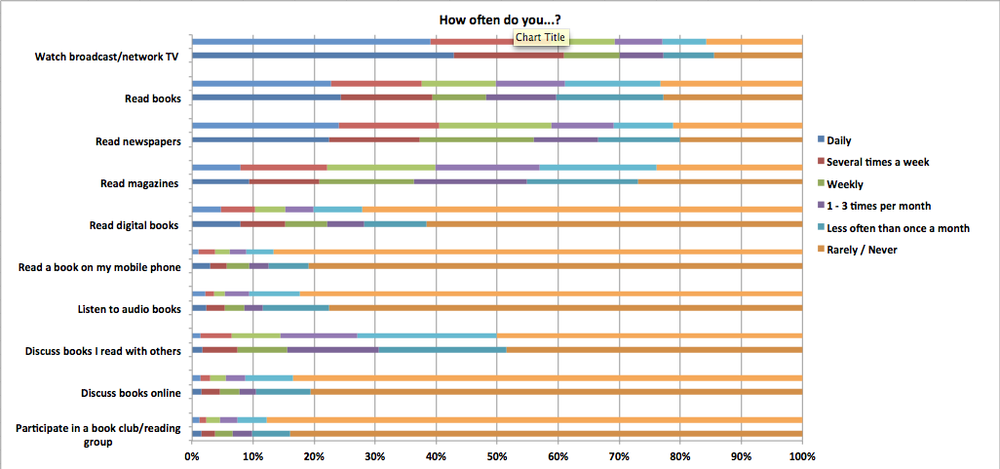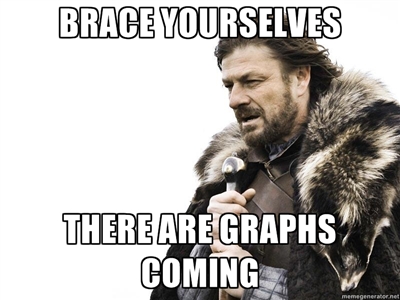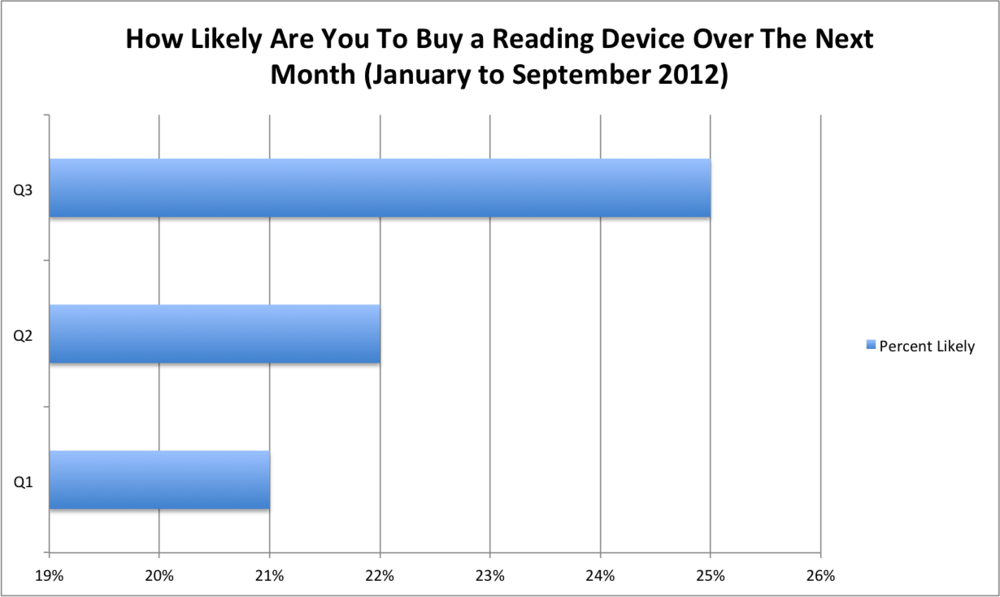 Publishers and retailers are exploring new ways to package and price digital book content and we can learn quite a bit about this by looking to other content industries. We’re talking more frequently about bundling and subscriptions, but there’s a little less chatter about paywalls and I think that’s because the jury is still out on whether it works for our counter parts in newspapers and magazines. But it’s worth examining now to stay on top and ahead of things.
Publishers and retailers are exploring new ways to package and price digital book content and we can learn quite a bit about this by looking to other content industries. We’re talking more frequently about bundling and subscriptions, but there’s a little less chatter about paywalls and I think that’s because the jury is still out on whether it works for our counter parts in newspapers and magazines. But it’s worth examining now to stay on top and ahead of things.
The Canadian Market for E-Singles
 Things have come a long way for e-singles over the past year. At last year’s Tech Forum, we heard from Laura Hazard Owen of paidContent about the American market for e-singles and then The Atavist talked about their business model. Since then, more Canadian companies have entered the e-singles fray, all trying different tactics in an effort to explore the possibilities of this growing market.
Things have come a long way for e-singles over the past year. At last year’s Tech Forum, we heard from Laura Hazard Owen of paidContent about the American market for e-singles and then The Atavist talked about their business model. Since then, more Canadian companies have entered the e-singles fray, all trying different tactics in an effort to explore the possibilities of this growing market.
The State of E-Lending in Canada
 This year, at Technology Forum we spent some time getting to know our librarian partners better. We shared information and found new ways to collaborate. This is why I brought Susan Renouf and Ken Roberts in to give an information session on March 6th about the state of e-lending in Canada.
This year, at Technology Forum we spent some time getting to know our librarian partners better. We shared information and found new ways to collaborate. This is why I brought Susan Renouf and Ken Roberts in to give an information session on March 6th about the state of e-lending in Canada.
How Do Canadians Spend Their Free Time?
 BookNet Canada has fielded a consumer panel in February for the last two years. The results from the panel are used to help inform the data we collect for our study, The Canadian Book Consumer. In the general consumer questionnaire, we ask approximately 750 English-speaking Canadians from across the country how they spend their leisure time, how much time they spend per day on those leisure activities, and, this year, what mobile devices they own (at least the ones that could potentially be used for e-reading).
BookNet Canada has fielded a consumer panel in February for the last two years. The results from the panel are used to help inform the data we collect for our study, The Canadian Book Consumer. In the general consumer questionnaire, we ask approximately 750 English-speaking Canadians from across the country how they spend their leisure time, how much time they spend per day on those leisure activities, and, this year, what mobile devices they own (at least the ones that could potentially be used for e-reading).
E-Reading Search Trends in Canada

E-Book Trends Change with the Seasons
Making a Bundle
 When publishers talk about bundles, they’re usually referring to is multiple formats of the same work sold as a package—usually a print version together with a digital version for download. The success of DVDs with digital download means this is definitely a worthwhile conversation to be having, but remember that bundling can also refer to bundles of different titles—and this model is looking more and more promising.
When publishers talk about bundles, they’re usually referring to is multiple formats of the same work sold as a package—usually a print version together with a digital version for download. The success of DVDs with digital download means this is definitely a worthwhile conversation to be having, but remember that bundling can also refer to bundles of different titles—and this model is looking more and more promising.



